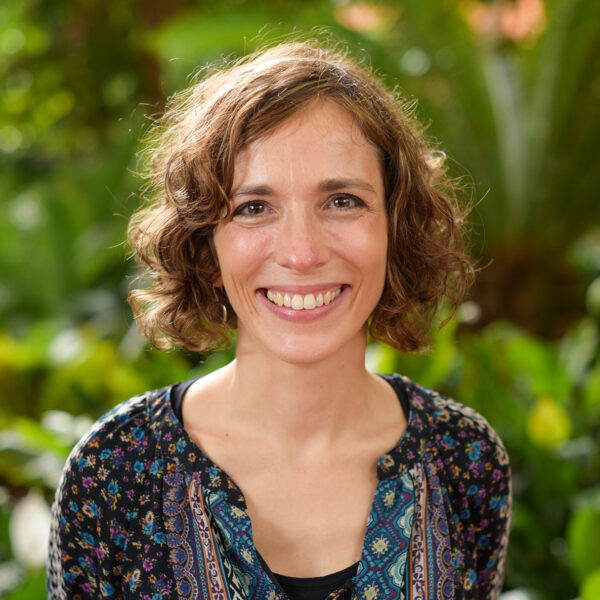
Publications by year
Dr Sónia Troeira Henriques designs novel anticancer and antimicrobial therapeutic leads by reengineering host defense peptides to enter selected cells and modulate intracellular targets. Sónia’s uniquely combined expertise in therapeutic cyclic peptides, membrane biology and characterisation of peptide-cell membrane interactions led to the identification of cancer cell membrane features that can be utilised by therapeutic peptides to selectively target and enter tumor/bacteria cells. As a chief investigator with the ARC Centre of Excellence for Innovations in Peptide and Protein Science, she is expanding her findings to solve the grand challenge on how to deliver active peptides into target cells and achieve the breakthrough therapeutic potential of cyclic peptides as anticancer/antimicrobial drugs and diagnostic tools.
Sónia graduated in Biochemistry (2003) and obtained a PhD degree in Biochemistry/Molecular Biophysics (2008) from University of Lisbon in Portugal supervised by Professor Miguel Castanho. In 2008 she was awarded an ARC Australian Postdoctoral Fellowship and started her postdoctoral research at the University of Queensland at the Institute for Molecular Bioscience (IMB) in Professor David Craik’s group. In 2009, Dr Henriques was awarded an international outgoing Marie Curie Fellowship and was appointed as invited lecturer in Portugal (Medicine School, University of Lisbon). In 2012, Dr Henriques returned to Australia upon reception of a DECRA fellowship, and in 2015 she was awarded an ARC Future Fellowship. In October 2018 she was appointed as group leader and senior lecturer at Queensland University of Technology (QUT). She leads the Peptide Therapeutics and Membrane Biology research group based at the Translational Research Institute (TRI), and is a senior lecturer in biochemistry at QUT, School of Biomedical Sciences.
Sónia is recognised internationally as a leader in peptide-cell membrane interactions. Her work is highly multidisciplinary and places her research at the interface of chemistry, biochemistry, structural biology, membrane biology, biotechnology and biomedical research. She is the co-author of over 90 publications on cyclic peptides, drug design and/or the mechanism of action of peptides, and has over 25 invited oral presentations including at prestigious national and international conferences (e.g. 2023 Australian Society for Biochemistry and Molecular Biology, 2022 Australian Peptide Conference, 2017 Gordon Conference on antimicrobial peptides, 2018, 2020 Brisbane cancer conference).

